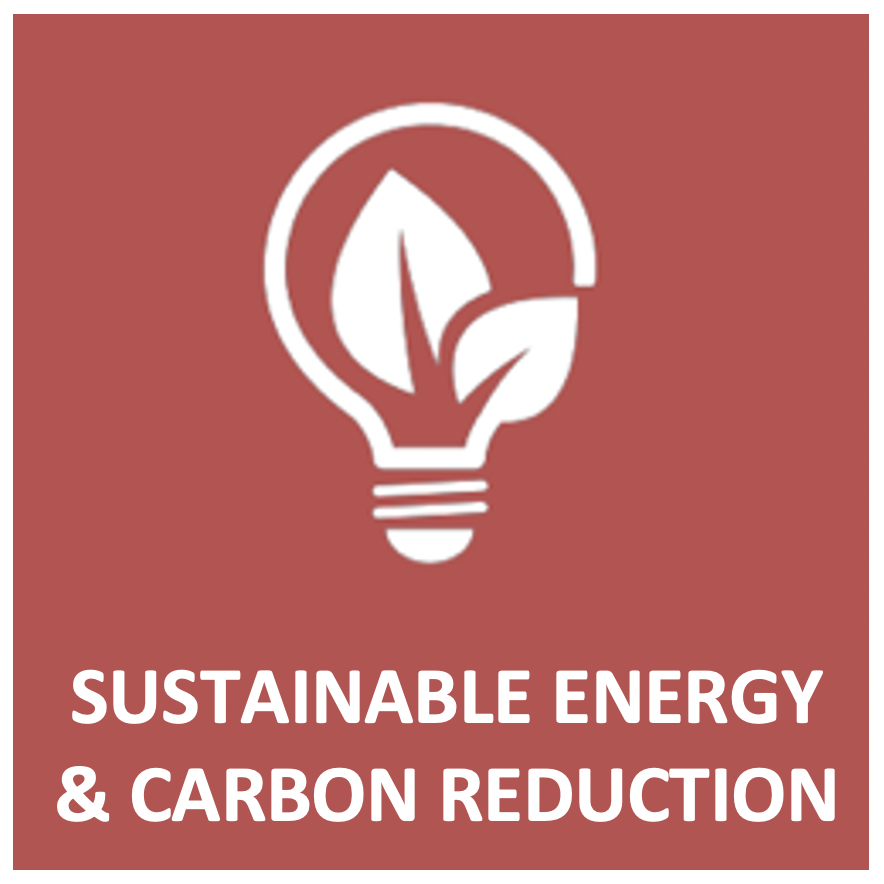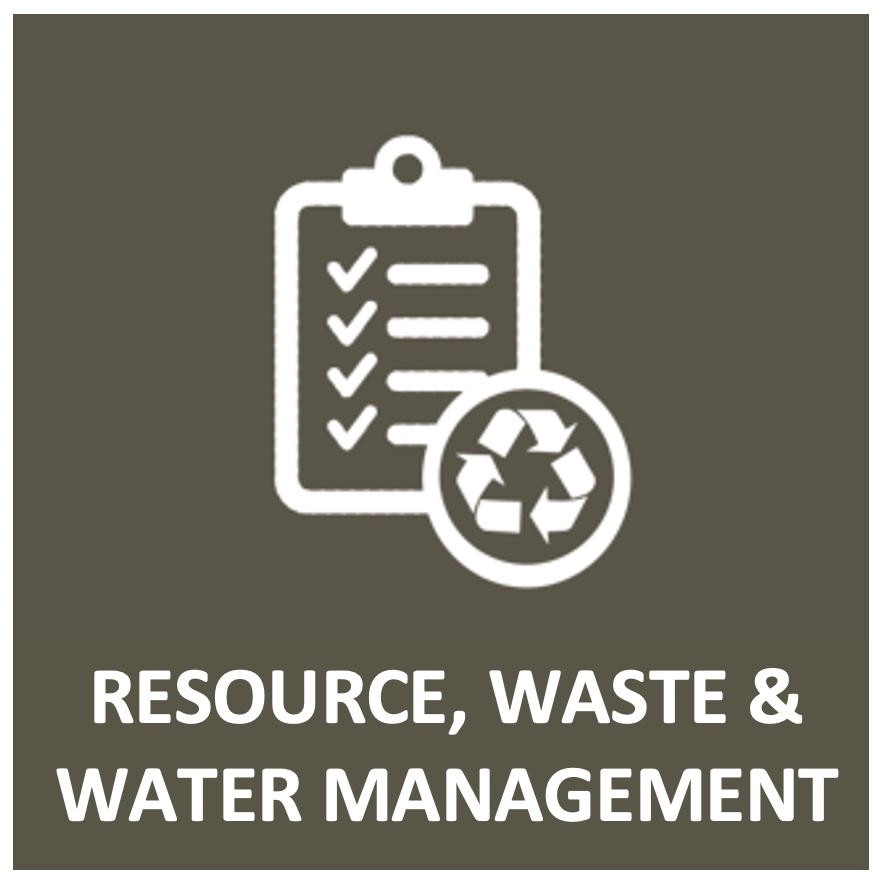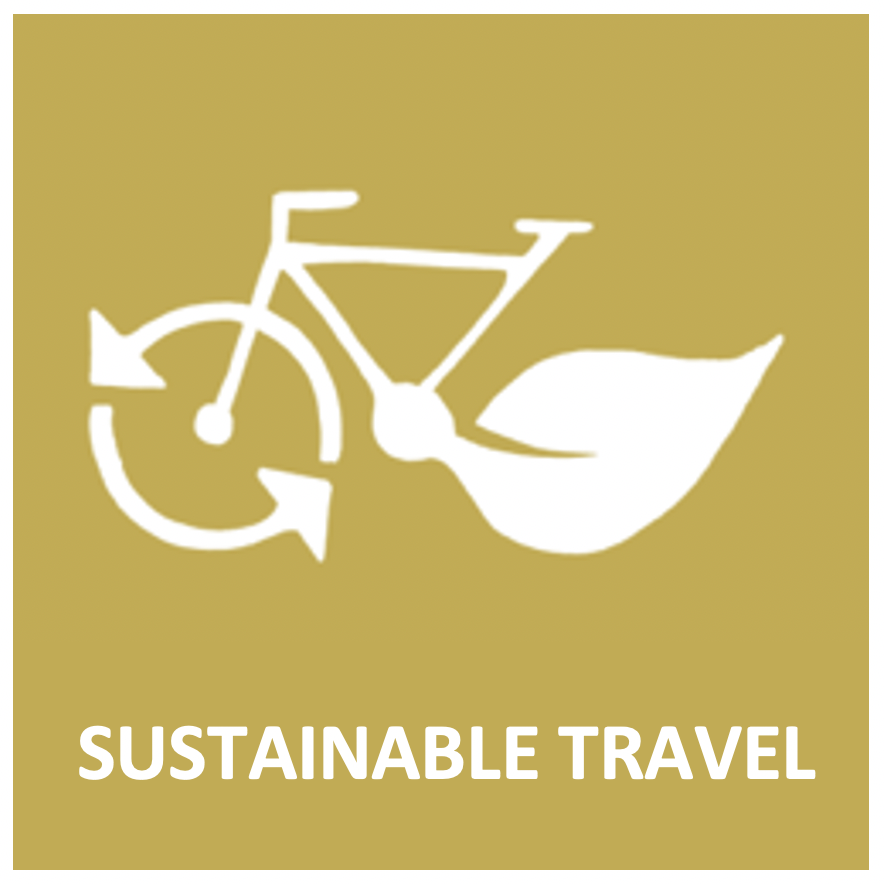Click here to participate
In June 2019 Southampton City Council (SCC) announced an ambitious target for its city under the banner Green City (GC) and more recently declared a climate emergency (many local authorities in the UK have declared a climate emergency). In addition to the City Council, the GC was signed by other entities in the city, including institutions, businesses and charities. However, there are no specific indicators to measure the success or otherwise of commitments undertaken by the participants.
The charter was created to assist Southampton City Council in its transition towards zero carbon making it a cleaner, greener and healthier city. The GC has five main themes, summarised below (click on an icon to find out more).
Addressing air quality in the City, encouraging low emission vehicles and disincentivising high emission vehicles.
In order to assess the GC and its targets, a Performance Tracker has been developed by the Energy and Climate Change Division (ECCD) at the University of Southampton to provide a robust assessment of the GC signatories under each of the five themes (criteria) of the GC. The Tracker will enable an organisation to assess and quantify their present and future development in achieving their committed sustainability targets under the five themes. Alongside this, the Tracker also provides a platform allowing parties to see and learn from the progress made by other GC signatories.
The Tracker measures performance across the five main GC themes, which are sub-divided into 39 sub-themes (Fig.1). The weighting of each theme and sub-theme has been evaluated through a mathematical approach based on the Analytical Hierarchy Process (AHP) supported by input from selected experts in the field to arrive at a consensus in the weighting. All items are scored based on specific guidelines taking into account the size and type of organization.
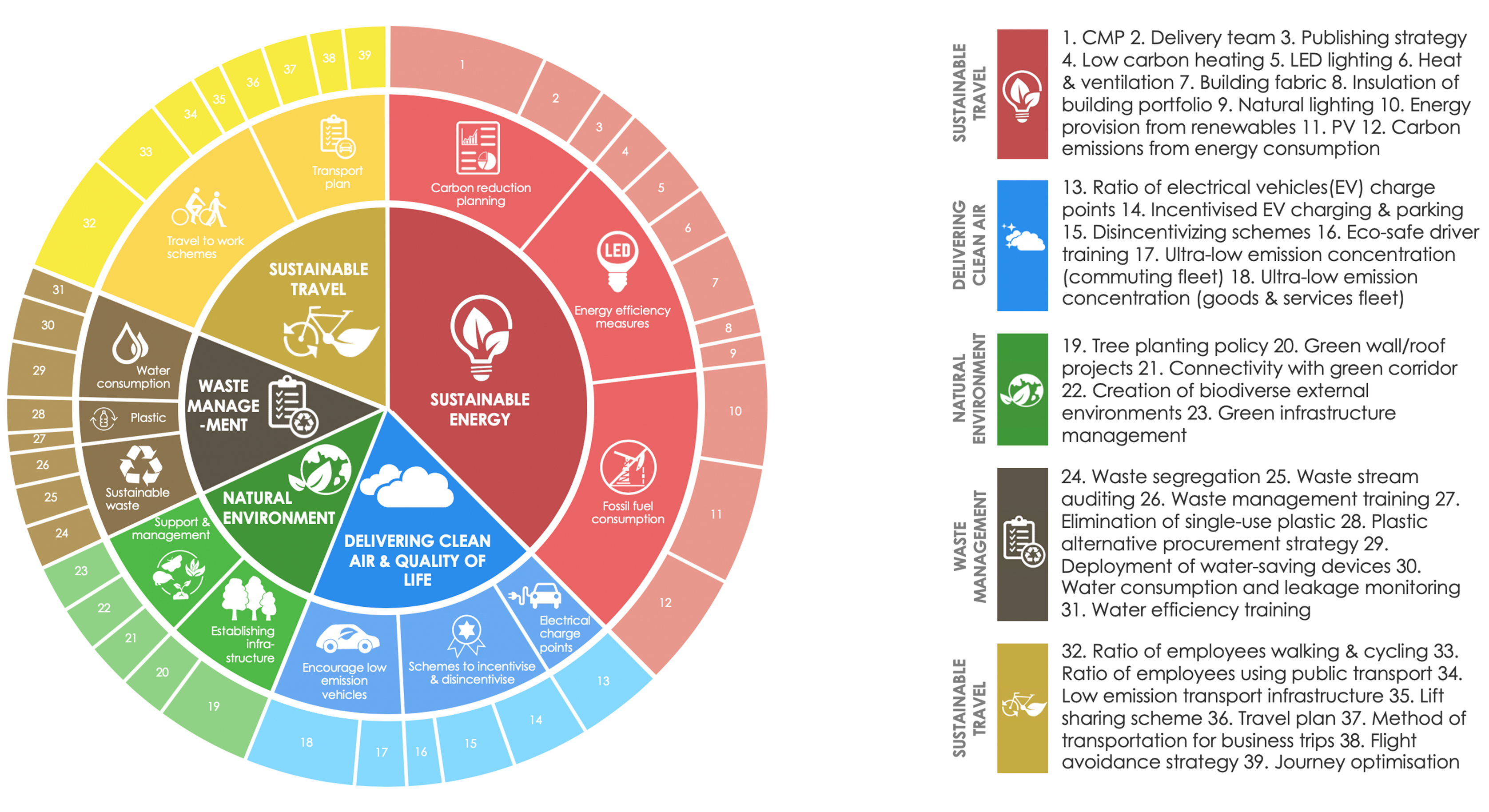
Figure 1: GCC Themes & Sub-Themes
In order for the signatories to participate in the process of tracking their progress, appropriate templates are provided by the GC Tracker team upon registration to allow data collection based on the five themes. The templates are currently available as five documents (each relevant to a specific theme) with an accompanying guide. Within the templates, the questions asked are predominantly yes or no with occasional prompts for data. In the current status an organisation can provide general assumptions where data is unavailable (merely stating that this is the case). The information provided in the templates indicates a measure of the present and a record of progress. It is also an educational tool not only showing opportunity for investment but also highlighting where current data may be enhanced.
The Tracker team will provide assistance where necessary either through email or a video consultation. Once the templates are completed, send these directly to the team to allow the scores to be finalised (in the future the templates will be available in a web portal with automated assessment which can be made public or kept private). As shown in Fig.2, the final score has a five grade ranking with a breakdown for the scores in specific sub-themes. It is intended that the templates to be completed annually to allow for organisation to track the impact of their progress against the sustainability strategies.

Figure 2: GCC Pilot Score (Overall & Sub-Themes)
GC signatory can participate within the assessment process and have their performance assessed according the five themes. All data and template responses are held confidentially and final scores can be made public or confidential. All that is required is for a signatory to register and complete the GC templates, which you can also download in advance of registering to learn more.
Click here to participate
GC Tracker Mapping & Summary Reports
Below is an example of the scores for Southampton City Council who has granted permission for their GCC data to be publicly available. Please click on the logo to view a summary report along with a breakdown of their score across the five themes.
Scores will also be made available through the GC Tracker status map for GC signatories, so that the overall performance of participating GC signatories will be displayed (with permission) in the Tracker website providing visual indication of the various components of the tracker.
Click here for the Tracker website
Sustainable Development Goals
There are clear links between the Green City and the UN Sustainable Development Goals (SDGs) which were developed as a model, aiming to achieve a better and more sustainable future for all by 2030. Addressing global challenges ranging from poverty, inequality, climate change and environmental degradation.
Central to the GC work is assisting in achieving UN Sustainable Development Goal 17, Partnerships For the Goals. This being said the five themes encompass eleven SDGs from SDG1, No Poverty to SDG 15, Life on Land as shown in the graphics to the right.
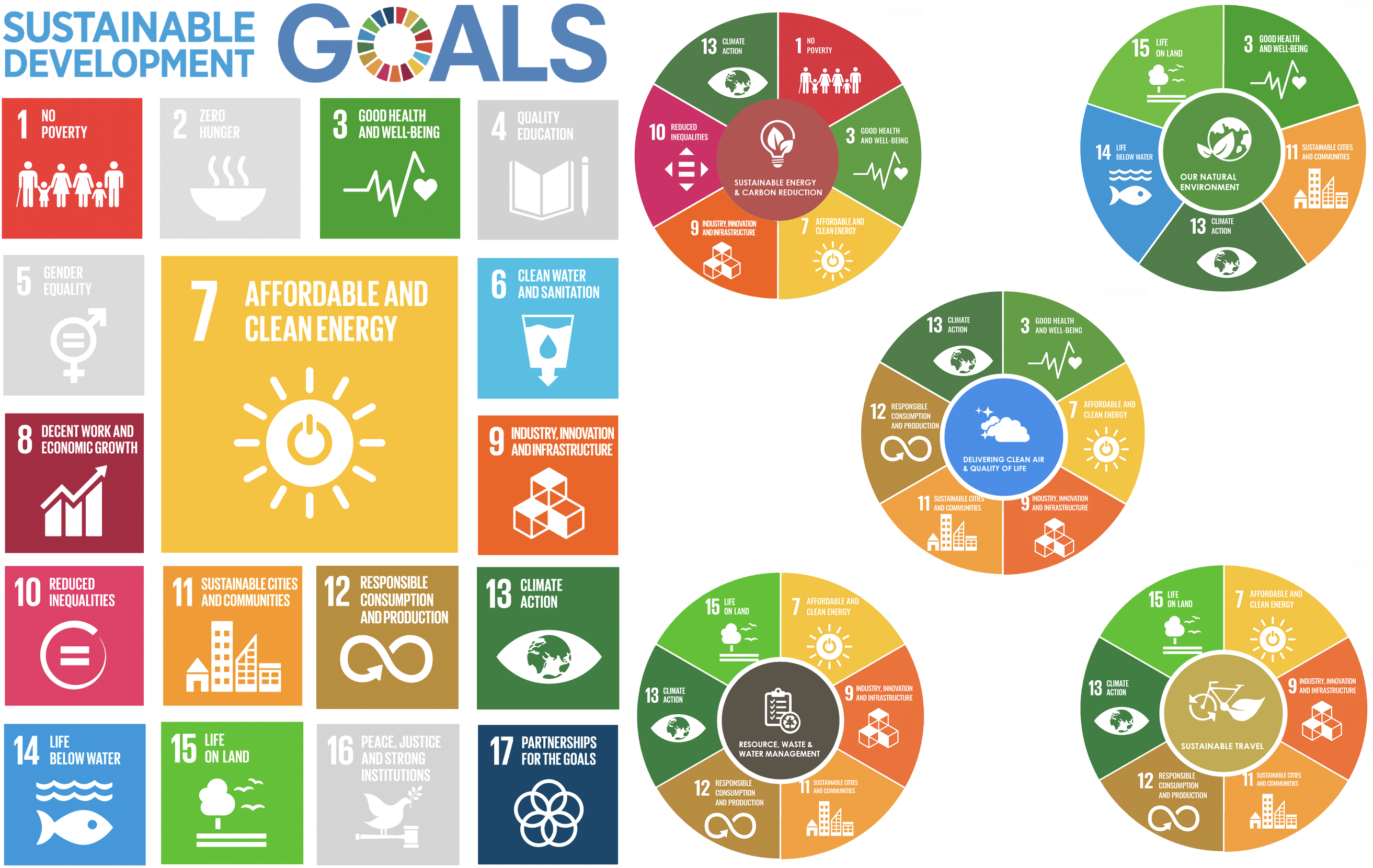
GC Signatories
Signatories to the GC will enable a collaborative approach to making the City of Southampton a carbon neutral, cleaner and healthier city. Signatories include but are not limited to
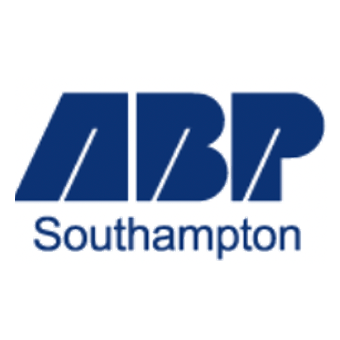







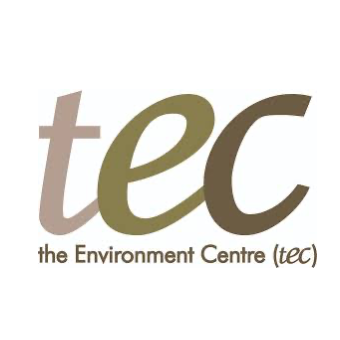


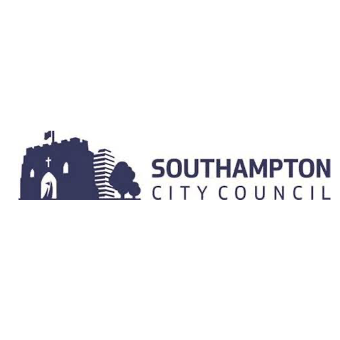

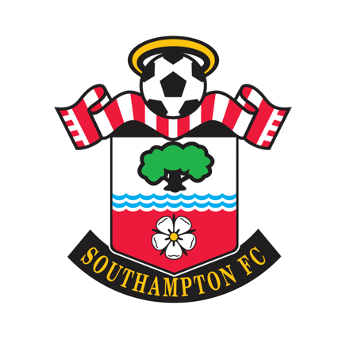

To know more about the Green City Performance Tracker, including how to participate and details of the simulation model, please contact p.a.d.turner@soton.ac.uk.
All rights reserved.
